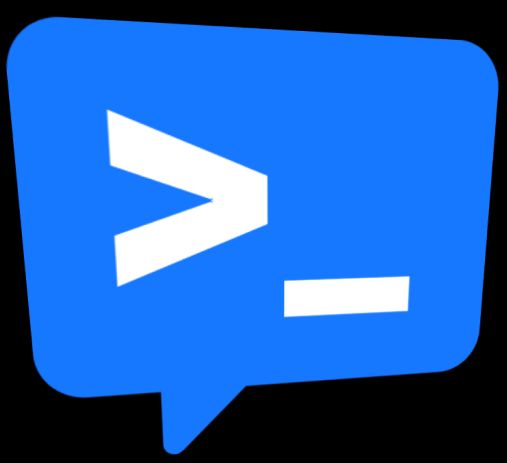Browse our elite collection of AI agents and build your digital workforce in minutes, not months.

Requesty provides a model-as-a-service platform to define requirements with built-in monitoring and observability.
An open-source framework for creating LLM apps with Alibaba Cloud’s Qwen models to build AI agents for complex tasks.

A Python framework that streamlines AI app development with Generative AI models, type-safety, and validation.

Open-source toolkit for adding programmable guardrails to LLM-based apps, ensuring safer and more reliable outputs.

TaskWeaver is an open-source Microsoft framework that automates data analytics with a code-first approach.

Workflow automation tool with AI capabilities, enabling seamless integration and automation of business processes.
Open-source platform enabling collaborative AI agents with specialized expertise for solving complex tasks using GPT-4.

A customizable, scalable agent framework that integrates LLMs, tool usage, and memory to create flexible AI-driven agents.

AI-driven platform enabling seamless agent collaboration and task automation through squad-based workflows.
Top open-source AI frameworks include TensorFlow, PyTorch, Keras, OpenAI Gym, Hugging Face Transformers, and Apache MXNet.
Autonomous agents are AI systems that can make decisions and perform tasks without human intervention, typically using predefined goals and learning from their environment
They perceive their environment, process information, make decisions, and act based on those decisions, continuously adapting through learning and feedback loops.
An AI framework is a software structure that provides tools, libraries, and functionalities to build and deploy AI models and systems, simplifying development and integration.
A single-agent system involves one autonomous agent performing tasks, while a multi-agent system involves multiple agents that interact, collaborate, or compete to achieve their respective goals.
Benefits include faster development, reduced complexity, standardized approaches to building agents, and better integration with existing systems and environments.
They provide tools for learning from data, modeling environments, simulating actions, and evaluating outcomes, enabling agents to make informed decisions based on these processes.
Challenges include communication and coordination between agents, managing conflicts, ensuring stability in dynamic environments, and scalability issues as the number of agents increases.
Open-source AI frameworks provide free access to advanced AI tools, encourage community collaboration, offer flexibility in customization, and reduce the cost of development.
Autonomous AI agents can automate routine tasks, enhance decision-making, improve customer service, reduce operational costs, and allow businesses to scale efficiently.